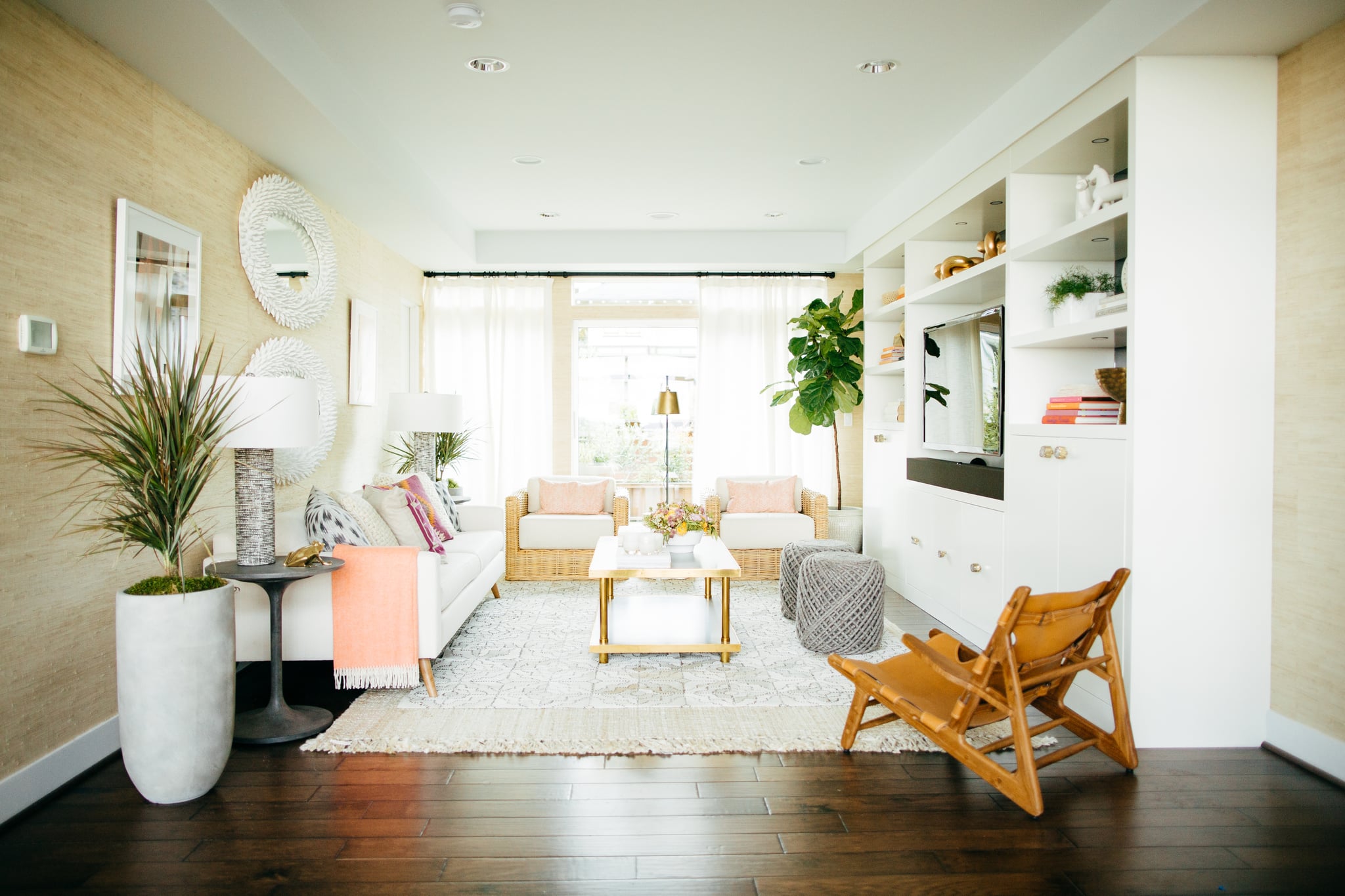Should You Buy a Leasehold Flat?
What Are the Pros and Cons of Buying a Leasehold Flat?

As if buying property wasn't confusing enough, you may find yourself stumbling into the minefield that is the leasehold system. Homes in the United Kingdom are sold in two ways. Either freehold, where you own the property and / or land outright, or leasehold, where you "lease" the property and / or land from the freeholder for a long term (usually over 100 years).
In most instances, freehold seems like the best option, and for most standard homes it probably is. As a freeholder, you own your property for life and you are responsible for the upkeep, repairs and so on. Subject to planning permission, you can do what you want to the property and there are no restrictions. Most houses around the country are freehold.
The leasehold system is most prevalent when it comes to blocks of flats and apartments, and in cities where larger homes have been broken down into multiple flats. While some flats may be "share of freehold" (where you own your flat and share responsibility for the building in conjunction with your neighbours) a huge proportion are leasehold. And if you're buying a leasehold flat you really need to be aware of the pros and cons before signing on the dotted line.
The Pros of a Leasehold Flat
- Everyone in the building has a contractual obligation to pay for upkeep of communal areas. Most freeholders will hire a management company to manage the property, and leaseholders will pay a service charge that goes towards maintenance. This can include everything from lift maintenance and window cleaning in a block of flats, to painting, carpet cleaning, and basic repairs in a smaller property. You won't have to deal with your neighbours to negotiate on this kind of thing.
- The freeholder will usually organise buildings insurance, and this will be shared amongst all the leaseholders, often making it cheaper overall.
- If you don't like being a leaseholder, you can apply to buy the freehold. There are laws in place to ensure this is done fairly (though it is still costly).
- If you're buying property and funds are limited, you can sometimes get a leasehold property for a bargain price if the lease is under 100 years. You then have time to save up to extend the lease in future. It can offer a way to get a slightly larger or better-positioned property. Just be absolutely sure you can save money for the lease extension as well as paying your mortgage. You'll also need to check that your mortgage provider will lend on a property with a short lease.
- The lease contains restrictive covenants that may make it easier to get rid of (or at lease come to a compromise with) terrible neighbours if you team up with the freeholder. Stinky smokers downstairs? Check if the lease mentions anything about smoking in the property. Leases often restrict noise during unsociable hours, so if you have a neighbour who insists on playing music at 3am or doing DIY at 7am on Sunday morning, you might have grounds to complain.
The Cons of a Leasehold Flat
- There are very few restrictions in place when it comes to what a freeholder can charge. You may find yourself paying thousands of pounds in admin costs and service charges for things you do not consider to be worthwhile. Or you may find there's no service charge whatsoever. All sellers have to submit leasehold accounts to their solicitor, so if you're purchasing a property, read through these carefully and be aware of the charges you'll have to pay.
- On top of service charges, you will have to pay ground rent each year. This is a nominal amount (usually a couple of hundred pounds at most) but it may go up at certain intervals (every 10 years, for example).
- You're at the mercy of the freeholder/management company when it comes to communal area repairs, insurance claims and so on. Some may be great at getting things done, others may never even visit the property, and leave you to your own devices.
- The restrictive covenants within the lease may stop you from enjoying your new home to the full. Check for details on things like noise, pets, and even the type of floor coverings that are required in your property. Doing something as simple as sticking a poster in your window might actually break the terms of your lease. While it's highly unlikely you'll get kicked out of your home for something this small, you do need to be aware of what's in the lease.
- If your lease drops below 100 years, your property may be harder to sell and you may struggle to remortgage. You have the right to extend it, but it may cost tens of thousands of pounds to do so.
- A freeholder / management company may hire contractors who don't do a good job, or insist on works you don't believe are necessary. You can always question this, but it's often difficult to get very far without the support of the other leaseholders.
It's worth noting that often the decision will be made for you when it comes to whether you're willing to buy a leasehold or not. Most flats need to be leasehold, or issues with common areas would be impossible to solve. Leasehold properties are usually a little bit cheaper than freehold, too. If you're buying your first home in a crazy housing market like the one in London, you may find that it's impossible to get anything except a leasehold property in your budget. So long as you look through the accounts, do your sums, and read that lease carefully, there's no reason not to buy. You just need to know what you're getting into!
